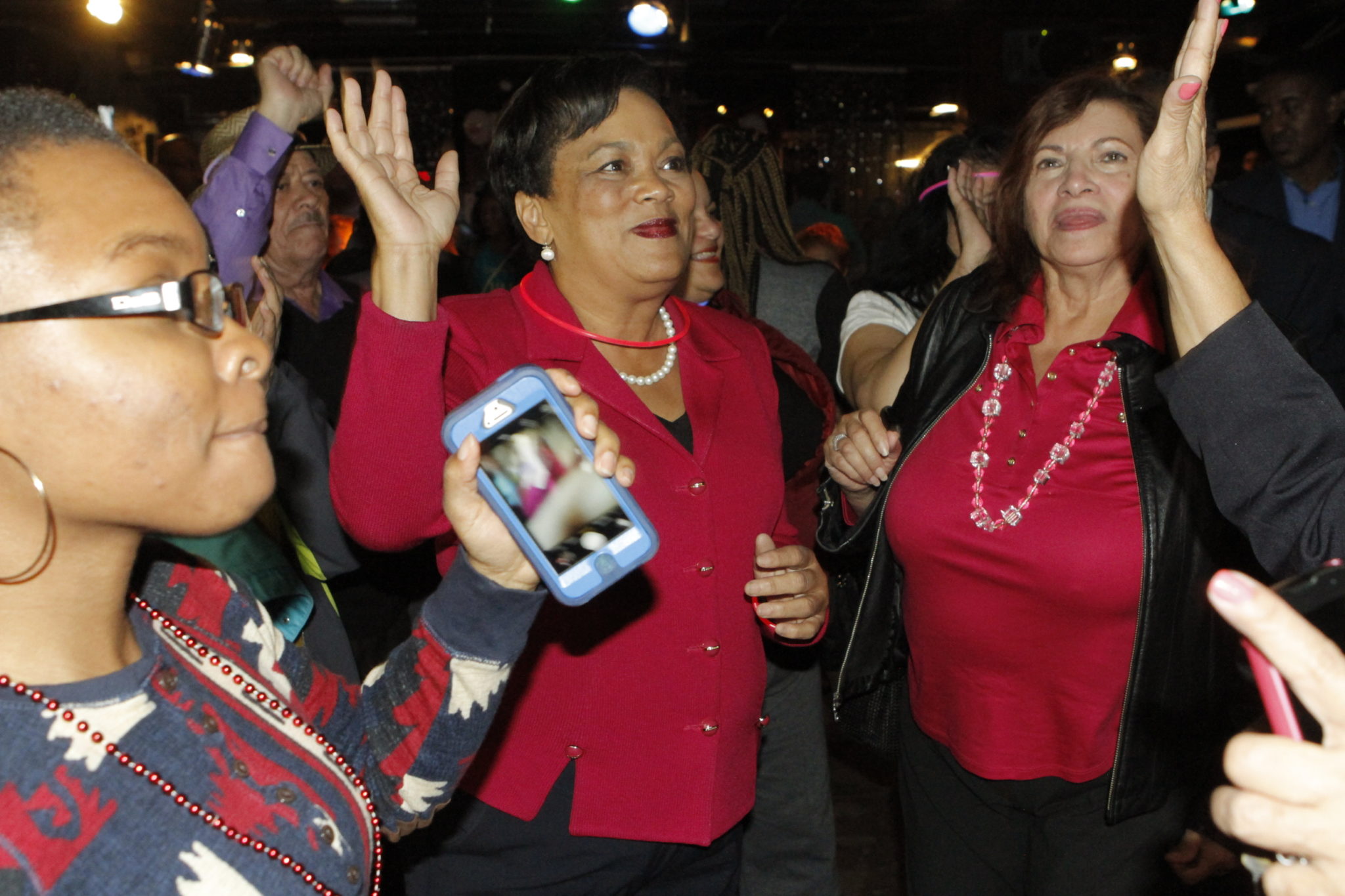
Yale Daily News
Money may not buy love. But it sure helps run a campaign.
Over the past year, candidates the aldermanic and mayoral races raised money to bolster their 2017 campaigns and to encourage their constituents to support them in municipal elections, which were held on Nov. 7. Though many races were uncontested, candidates still raised and spent thousands of dollars to advertise their specific messages and get out the vote.
Mayor Toni Harp raised roughly $250,000 for her campaign, according to Jesse Phillips, one Harp’s campaign managers. Though Harp won over 75 percent of the vote, she still ran a “serious” campaign, Phillips said.
“The challenging part was when most folks usually give, they don’t think that you need the resources to operate a [noncompetitive] campaign,” Phillips explained.
Though many thought Harp was a shoe-in for mayor after she defeated mayoral candidate Marcus Paca in the Democratic Primary three to one, Paca decided to run as an independent in the general election.
In October, Paca suspended his campaign, telling the News that he could not compete with Harp’s ability to self-fund her campaign and to obtain large donations from special interests city contractors and employees.
Paca chose to run a campaign that qualified for funding from the New Haven Democracy Fund, Connecticut’s only municipal campaign-financing system. The program provides public funds to mayoral candidates, as long as they agree to follow certain restrictions and limitations on fundraising and spending.
In the 2013, 2015 and 2017 mayoral campaigns, Harp chose to campaign without aid from the New Haven Democracy Fund. She told the New Haven Independent in May that the financing system contains too many steps.
Most of the $250,000 Harp raised in 2017 was spent on staffing and operating the campaign. Phillips noted that even though social media is the “cheapest way to get the longest reach,” nothing beats door-to-door advertising.
“We didn’t do anything other than normal,” Phillips said.
Aldermanic campaigns were much less expensive. Abigail Roth ’90 LAW ’94 led all alder candidates in fundraising, amassing over $8,500.
Ward 22 Alder Jeanette Morrison, who ran uncontested for her fourth aldermanic term, said that her campaign did not spend much in this election cycle.
Over the years, Morrison said, most of the money was spent on literature and educating people on what the role of an alder is. Ward 22 includes six of Yale’s 14 residential college: Silliman, Timothy Dwight, Morse, Stiles, Benjamin Franklin and Pauli Murray. Though this year’s race was uncontested, her first election in 2011 was “very heavily” competitive, Morrison said.
She noted that her first race was heavier on the spending because she had to “get [her] name out there.” Now that she has been in office for six years, she said her work shows for itself.
Though the Republican Party saw defeat for all three of its candidates on the ballot, Jonathan Wharton, chairman of the New Haven Republican Town Committee, said he still thought the party ran a good campaign.
He said they raised adequate funds to run the campaigns. John Carlson, former Republican Ward 6 alder candidate, and Joshua Van Hoesen, former Republican Ward 18 alder candidate, raised about $3,000 apiece, Wharton said. Republican candidate for probate judge Melissa Papantones raised between $4,000 and $5,000, Wharton said.
The newly elected members of the Board of Alders will be sworn in on Jan. 1, 2018.
Ashna Gupta | ashna.gupta@yale.edu







